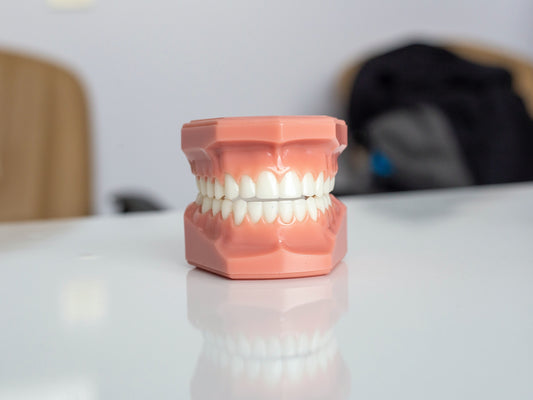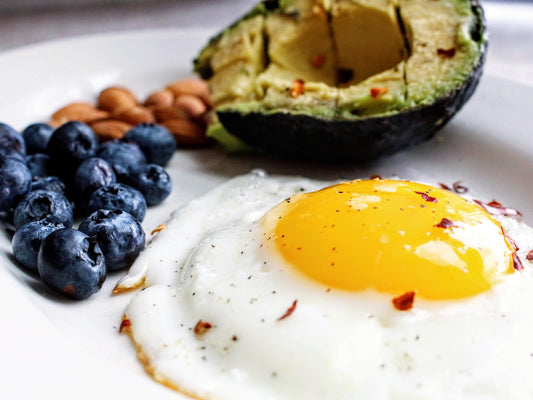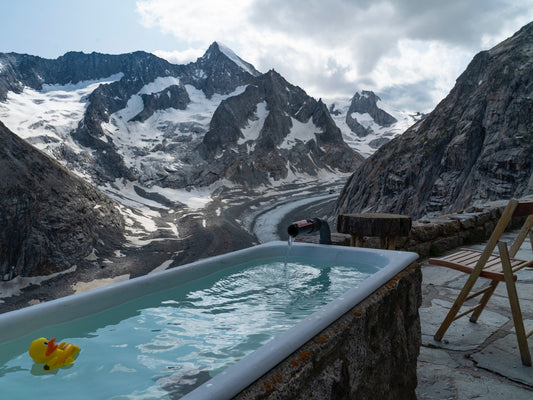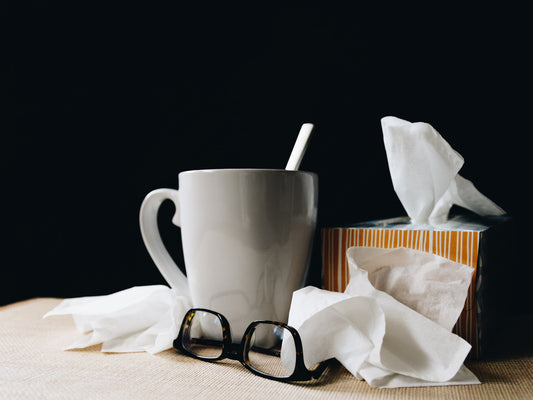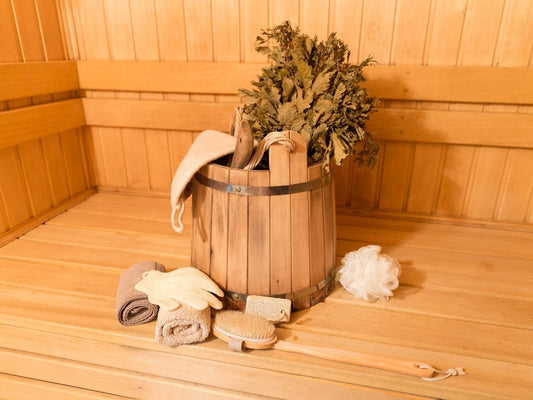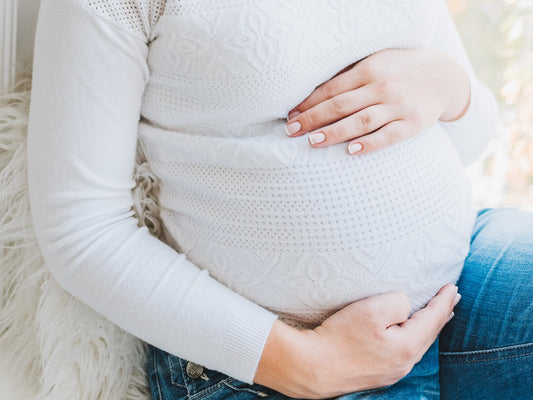Being thirsty is something we all experience on a daily basis; reaching for a gulp of water when you are working, exercising, or eating a meal isn’t that uncommon. These are all causes of thirst. However, have you been experiencing unusual volumes of thirst recently? When you are thirsty your body is usually trying to tell you that water supplies are running low, but that isn’t always the case. Extreme thirst could be a signal of a more serious health problem that you might not even know about.
The Lowdown On Thirst
Naturally you immediately consider dehydration as the cause of your immense thirst, but your body might be trying to tell you something more dangerous. Many underlying medical conditions have thirst as a symptom; although this is nothing to worry about immediately, it might be worth checking in on your H20 habits. If your thirst is ever accompanied by other symptoms such as pain, fatigue, or changes in skin color, this is another sign that you should seek medical advice right away.

Understanding how to hydrate yourself properly is the key, as sometimes just water isn’t enough to give your system the nutrients it needs. Sometimes an all natural electrolyte drink, such as Hydrant, is all the body needs to reboot and rehydrate. When you can find a way to hydrate yourself in a healthy way, you will be able to notice other serious symptoms more easily.
Causes of Thirst
Some of the everyday causes of your excessive thirst might include eating large volumes of spicy food, too much salt in your diet, minor illness, vomiting, exercise, or loss of blood. As well as a change in your diet, exercise or slight illness, you should understand some of the more serious medical reasons why you keep reaching for that glass of water.
1. Dehydration causes thirst
The term dehydration denotes that your body is running low on water and unable to continue working as normal. The main symptom of dehydration is thirst, but this can happen for an array of reasons. Your low sugars and energy levels might be due to dehydration; strenuous exercise, a bout of diarrhea or excessive sweating could contribute to dehydration. As well as craving water you might also notice dry skin, headaches, dark colored urine and dizziness if you are dehydrated.
2. Diabetes causes thirst
When you can’t quite seem to quench your thirst, this could be a symptom of diabetes [1]. This means that your body isn’t producing enough of the insulin hormone, so too much glucose builds up in your body. When you have glucose in your urine you tend to go to the toilet more often, which means you often crave more fluids. As well as extreme thirst, those with diabetes may also suffer from hunger, tiredness, blurred vision, and slow healing bruises and wounds.
Another condition could be diabetes insipidus, which isn’t actually related to diabetes at all. This occurs when your body doesn’t produce enough hormones for your kidneys to function. Your kidneys control the amount of water in the body so excessive thirst is a clear symptom of this.
3. A Dry Mouth causes thirst
When your mouth is extremely dry it can lead to never ending thirst. This is normally because the glands in your mouth are producing less saliva than usual [3]. This could happen due to certain medications you are taking and might come hand in hand with a few other unwelcome side effects. You may experience bad breath, inflamed gums, problems chewing and stinging saliva.
4. Anemia can cause thirst

When you have anemia your body struggles to produce enough healthy red blood cells [2]. A variety of different things can cause anemia such as a poor diet or another disease. When you have serious signs of anemia, it can make you feel thirsty, dizzy, tired, and weak. You might even notice a quickened pulse when you are suffering from anemia.
Quenching Your Thirst
All in all, rehydration is a key solution to all of these medical issues. Whether you’re drinking water before bed or improving your intake throughout the morning whilst you are at work, you need to regulate your fluid intake. Drinking more water is a good place to start, but try to add electrolytes for an even more thirst quenching remedy. If you still can’t seem to satisfy your thirst, then speak to a medical professional.
Your doctor will probably ask for a thorough medical history so they can delve deep into your background. Medications and over the counter prescriptions might be the cause of your thirst so make sure you write down all of the medicines you are taking. As well as conducting a physical exam, your doctor might also consider a blood and urine test to look further into your diagnosis. A blood glucose test, blood count test, urinalysis and urine electrolyte test might help them come to a conclusion about your ongoing thirst.
Hydration is the Key to Your Excessive Thirst

If you find yourself reaching for a sports drink or coconut water, you will also be greeted with a whole load of sugar and additives. Try a hydrating mix such as Hydrant and you will have a fast, effective and healthy way to combat thirst. Instead of artificial options on supermarket shelves, an electrolyte formula such as this might help to keep your thirst at bay for longer.
Your Daily Fluid Intake
On average, you should be taking in around two liters of fluids every day [4]. This clearly differs from person to person; if you are an athlete or have a particularly strenuous job, you might expect to take in slightly more. You can also boost your water intake by consuming foods that are rich in water such as watermelon, tomatoes, oranges and celery.
Your urine will be a light color that isn’t strong smelling if you are well hydrated; this is an excellent way of keeping track of your own hydration level. Getting enough water is incredibly important as it helps to maintain your body temperature, protect the brain, and rid your body of unwanted waste through the bowel.
Consider taking in extra fluids if you have a fever, experience diarrhea, undertake exercise, or are suffering from hay fever.
Will medical advice help explain your causes of thirst?

If you are hydrating yourself properly using all natural water and electrolytes, you shouldn’t experience any issues with thirst. When you are reaching for your water excessively, this is when you might want to seek medical advice. There are some risks of excessive thirst that you should know about, one of which is over-hydration. This can offer when you consume too much liquid and can even cause seizures.
All in all, thirst is how your body tells you that it’s low on fluids. In an everyday situation you probably just need an extra bottle of water or supplement. You should always be able to quench your thirst quite quickly, so if this isn’t the case, you should seek medical attention right away. Knowing the underlying causes of thirst can be extremely useful, but as long as you know how to hydrate yourself naturally and safely, you will always feel satisfied.
Other stories about dehydration
If you want to read more about what dehydration does to the human body, click here.














